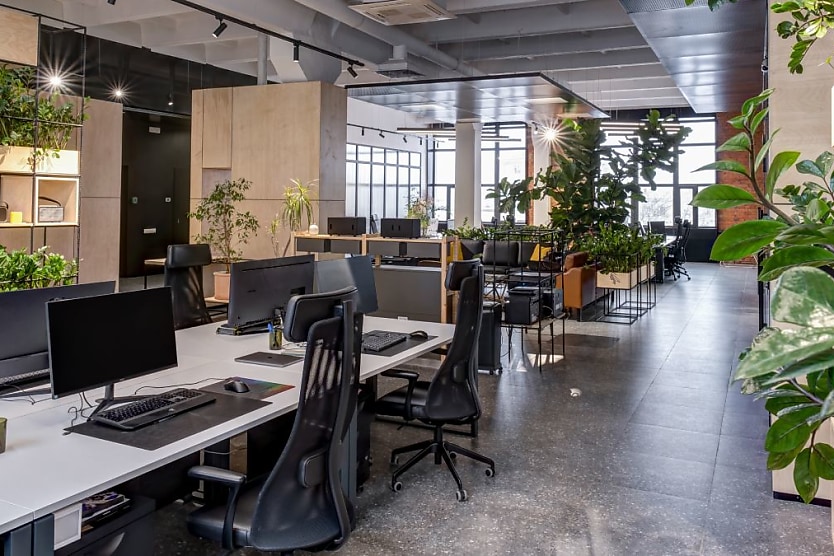
Businesses that have made a change to their office headquarters have reported higher employee satisfaction scores than those that haven’t.
According to Hassell’s Great Adaptations – 2023 Workplace Futures Survey, those who have made an office change since the pandemic have a 17 per cent higher satisfaction score among employees than those that haven’t.
The survey also revealed the specific features people want most from their place of work in 2023.
The top six most popular features are:
- Free lunch/food
- Gardens and green spaces
- Good coffee
- Fresh air
- Good food and retail facilities nearby
- Enough space to focus without distraction
Hassell senior researcher and report author Dr Daniel Davis noted that while the above factors are attractive, businesses should employ a range of strategies to cater to the multifaceted needs and preferences of their workforce.
“In this era of hybrid work, companies can’t afford to wait for economic conditions to change,” Dr Davis said.
“They need to be getting the basics right – something that many offices fail to do – by providing the right spaces for collaborative and focused work. And they need to stack and aggregate a variety of amenities that not only address the unique requirements of different individuals but also cultivate an atmosphere of inclusivity and engagement.
“The implementation of a well-rounded array of offerings paves the way for an enriched hybrid workplace experience that transcends conventional expectations ... And while we can see a link between changes to offices and higher satisfaction, the most effective investments happen in tandem with updating policies to match new employee expectations.”
Earlier this year, JLL’s Future of Work report shed light on how changing expectations are forcing business leaders to redefine how they look at their office space.
“As employees adapt to the post-pandemic world and office usage patterns continue to evolve, the office is being reimagined for new purposes. A new vision of the agile, smart office and CRE portfolio is taking shape, supported by dynamic workplace services aligned with today’s employee needs,” the report stated.
The report highlighted that the rise of the hybrid work model has posed “new challenges”, as it requires workplace and portfolio management strategies that are “becoming increasingly complex and sophisticated”.
“For many organisations, the corporate office is becoming the primary destination for group work, including training, mentoring, collaboration and focusing around a specific project,” the report noted.
The report highlighted how smart buildings offer several benefits, such as reducing energy waste by up to 20 per cent, improving employee experience and productivity, generating insights for proactive maintenance, appealing to property investors with higher rental rates, occupancy levels and sales prices, and enabling efficient space management through data and automation.
RELATED TERMS
An employee is a person who has signed a contract with a company to provide services in exchange for pay or benefits. Employees vary from other employees like contractors in that their employer has the legal authority to set their working conditions, hours, and working practises.









